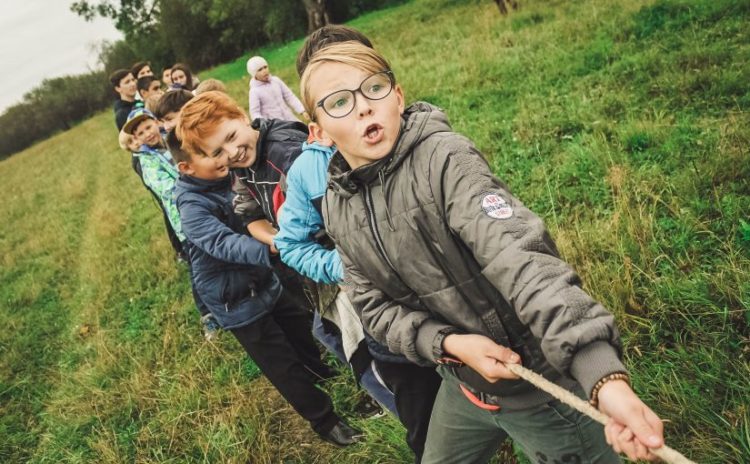
SIRIUS Watch 2018 – Role of Non-formal education in migrant children inclusion: links with school
Nevertheless, SIRIUS Watch suggests that numerous examples of ad hoc projects and practices exist across Member States, implemented by various civil society actors and individual schools to facilitate the inclusion of migrant and refugee children into education process. These project and practices seek to find synergies in the work of CSO and schools and build on each other expertise and achievements. State-led initiatives, such as all-day or community schools, typically target all children universally without being explicitly aimed at migrant integration.
The extent to which migrant children benefit from these initiatives depend on the efforts of public authorities to make these after-school opportunities more accessible and available for vulnerable groups of children.
Even though our mapping suggests that many of these partnerships are initiated by schools or NGOs and community-led organisations themselves, evidence is emerging that such collaboration is more effective and structured when supported by (local) policy-makers. Education authorities can help to facilitate the uptake of such initiatives by raising awareness, providing consistent policy frameworks and priorities, ensuring adequate professional development opportunities, promoting the culture of evaluation and research, developing guidelines and improving capacities of schools and non-formal education actors to create partnerships for inclusion.
Our mapping and research evidence demonstrate that schools are more likely to open up and engage non-formal education providers in the learning process when they:
- possess sufficient autonomy over curriculum, teaching methods, staff management and financial resources;
- have the capacity and opportunities (incl. adequate funding) to engage in partnerships and networks; and
- are supported by relevant professional development systems for teachers and school leaders, as well as relevant methodological tools and guidelines (e.g., mechanisms for validation of skills gained through NFE activities)
- are backed by solid evaluation and monitoring data on the quality, success factors and impact of various programmes.
Read the full report here>>>
Read the executive summary here>>>